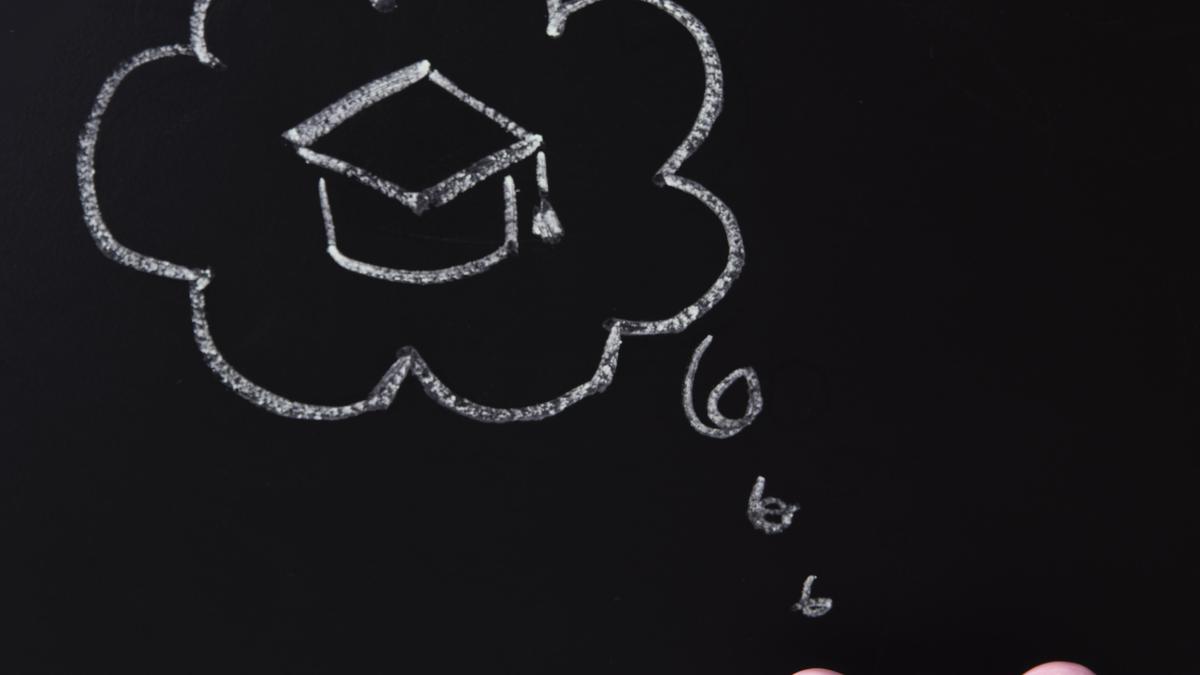
Saving smiles: The power of Financial Literacy
The Hindu
This Children’s Day, let’s sow the seeds of financial wisdom in young minds. Financial literacy is not just a lesson, it’s a life skill that empowers children to make confident choices about saving, spending, and investing.
Financial literacy is all about knowing how to use money wisely. It means learning how to save, spend, and plan for the future. Just like learning to ride a bike, understanding money can help you make smart choices and achieve your dreams. By getting a handle on your finances early, you’ll be better prepared for big decisions later in life, like buying a car or going to college!
Money is like a special tool we use every day to get the things we need and want. It can come in different forms, such as coins, bills, or even digital currency. You can use money to buy groceries, clothes, toys, and even pay for fun activities like going to the movies. Understanding how money works means knowing where it comes from, how to spend it wisely, and why it’s important to keep track of what you have.
When you learn about money, you also discover the value of different items and how to compare prices. For example, if you want to buy a new video game, knowing how much it costs helps you decide if you can afford it right now or if you need to save up for a little longer.
Think of it like planting seeds in a garden; the more seeds you plant (or money you save), the bigger your garden will grow over time. When you save, you learn how to set goals for things you really want, like that awesome toy or a cool new bike.
Saving also helps you make informed choices. When you have some money saved up, you can think carefully about what to buy instead of making impulse decisions. For instance, if you see a toy that you like, but you know you want to save for a special event, you might decide to wait and save instead of spending your money right away.
By developing good saving habits now, you’ll be prepared for bigger financial responsibilities as you grow up, like buying your own things, saving for trips, or even helping out with family expenses in the future.
For example, you need food to grow and stay healthy. But a toy is a want, something you would like to have but can live without.











